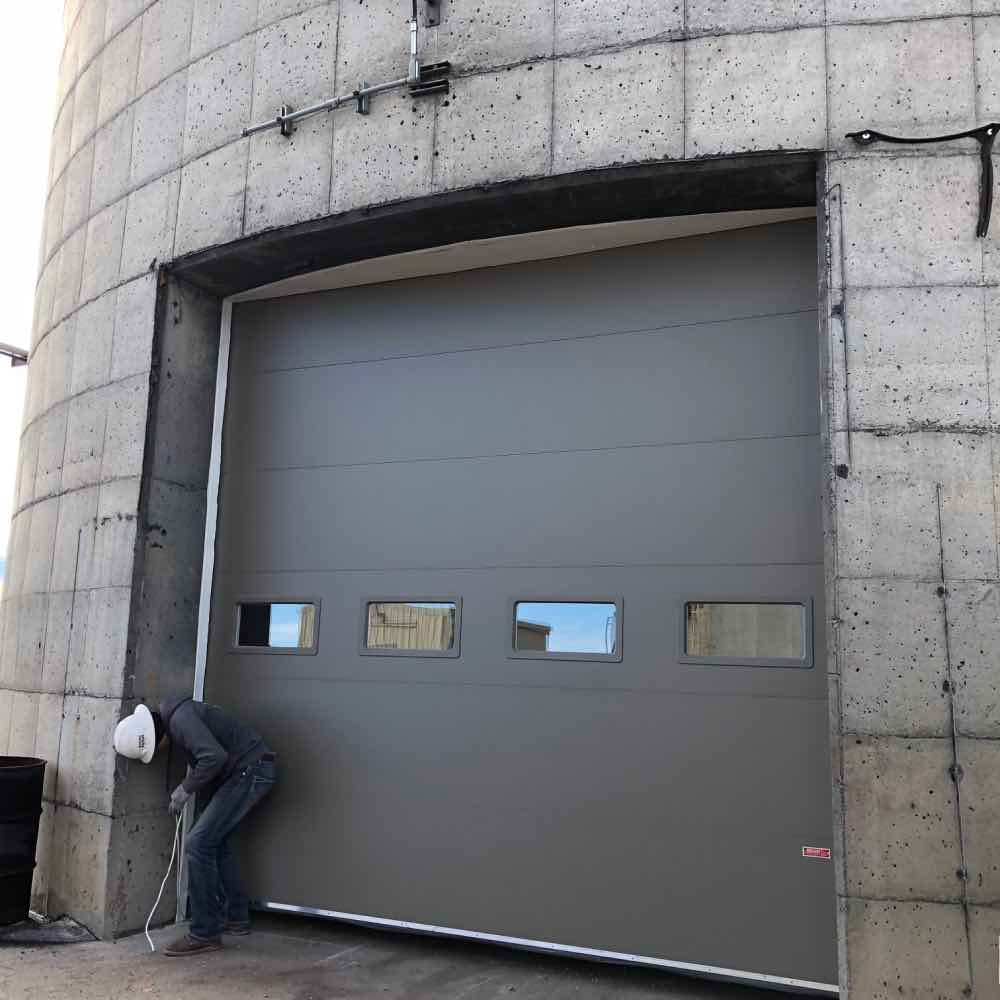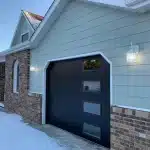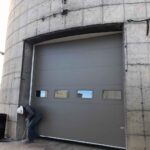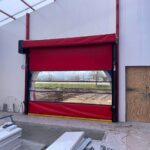5 Common Garage Door Issues and
How to Fix Them

Sometimes garage doors can run into problems just like any other mechanical system. In this blog post we discuss the five most common garage door issues, the signs to watch for, and how to fix them.
1. Garage Door Won’t Open or Close
One of the most frustrating garage door problems is when the door doesn’t open or close properly. This issue can arise from several causes, such as power loss, sensor issues, or mechanical failure.
- Solution: The first thing you can do is check the power supply. Make sure that the opener is plugged in and that the circuit breaker hasn’t tripped. If the door still doesn’t work, inspect the sensors. Sensors can be blocked by dirt or misaligned, preventing the door from closing. Clean and align the sensors, and if needed, replace the remote’s batteries.
2. Broken Springs
Garage doors rely on torsion or extension springs to function. Over time, these springs can wear out and snap, which is one of the most dangerous problems for garage doors.
- Solution: If the springs break, the door can become too heavy to lift manually, or it may suddenly slam down. Avoid attempting to open the door, and contact a professional to replace the springs. Door springs typically last about 10,000 cycles (one cycle being one full open and close). Once they reach their limit, they are prone to break.
3. Garage Door Moves Unevenly
If the door moves unevenly, one side may rise or lower faster than the other. This is usually caused by problems with the door’s balance or worn cables and springs.
- Solution: First, check for any obstructions along the door’s track. If nothing is blocking the door, the issue could be due to misaligned tracks or springs that are losing tension. Misalignment should be handled carefully, and it’s often wise to call in a professional to avoid further damage.
4. Noisy Garage Door
Unusual noises such as grinding, rattling, or squeaking when the door operates can indicate several problems. Noises often come from worn-out rollers or loose hardware.
- Solution: Lubricate the door’s rollers, hinges, and tracks at least twice a year using a silicone-based lubricant or white lithium grease. Tighten any loose nuts and bolts to prevent further issues. If the noise persists, you may need to replace the rollers
5. Dying Garage Door Opener
If your garage door opener is slow to respond, it could mean the motor is wearing out or the remote is having trouble communicating with the opener.
- Solution: Check the batteries in the remote or keypad. If that doesn’t resolve the issue, the motor in the opener might be overheating or nearing the end of its life (door openers typically last 10-15 years). At this point, it’s a good idea to replace the garage door opener entirely
Final Thoughts:
While many garage door issues can be fixed with DIY solutions, some problems like broken springs or worn cables should be handled by professionals to avoid injuries and further damage. Regular maintenance such as lubricating parts and tightening hardware can help prolong the lifespan of your door and prevent major problems.
For professional, reliable garage door services, contact Seamless Systems. We’re here to help with all your garage door needs! Call us at (307) 680-6103




